Buddhism and Medicine
Texts from across the Buddhist world list illness along with birth, aging, and death as the four great torments that inevitably accompany life in a human body. Since Buddhist doctrine at its very core is focused on the relief of all forms of suffering (Skt. duḥkha), Buddhist writings and practices frequently address the question of how to cope with this particular tribulation. Mainstream Buddhist doctrine seeks to mitigate the suffering of illness by stressing the illusory nature of the physical body, the nonexistence of the separate self, and the possibility of radical transcendence through Buddhist practice. Contrary to popular belief, however, Buddhists have never limited themselves to passive or fatalistic approaches to dealing with corporeal disease. For well over two millennia, the sick and t hose who care for them have found practical, this-worldly advice for preventing and curing maladies within the context of the religion. C. Pierce Salguero is an interdisciplinary humanities scholar interested in the role of Buddhism in the cross-cultural exchange of medical ideas worldwide. He has a PhD in the history of medicine from Johns Hopkins University, and is assistant professor of Asian history and religious studies at Penn State University's Abington College. He is the author of Translating Buddhist Medicine in Medieval China (2014), and a number of articles on Buddhism and medicine in Asian history.
Get it now and save 10%
BECOME A MEMBER
-
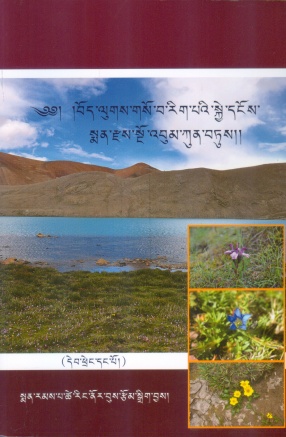
Bod Lugs Gso Ba Rig Pa'i Skye Dnos Sman Rdzas Sno 'Bum Kun Btus (In 2 Volumes)
-
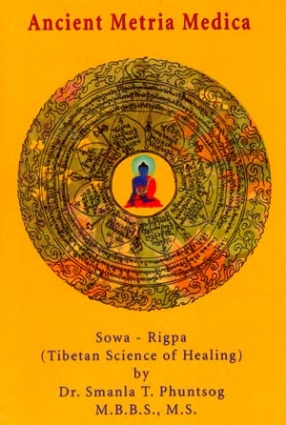
Ancient Matria Medica: Sowa-Rigpa: Tibetan Science of Healing
-
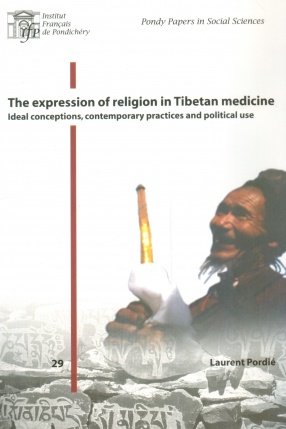
The Expression of Religion in Tibetan Medicine: Ideal Conceptions, Contemporary Practices and Political Use
-
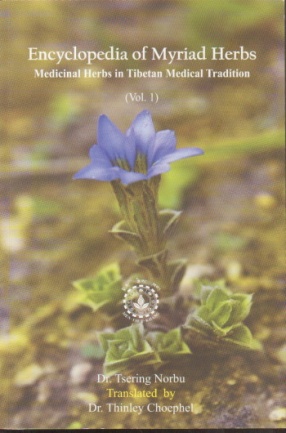
Encyclopadia of Myriad Herbs: Medicinal Herbs in Tibetan Medical Tradition (In 2 Volumes)

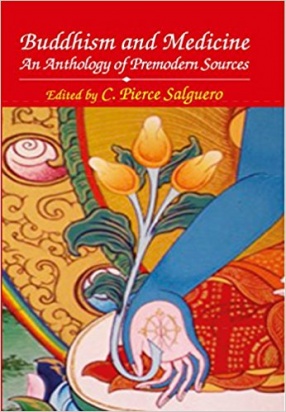

Bibliographic information